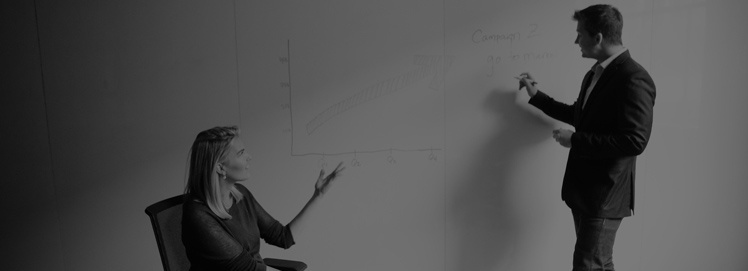People don't like failure. When we talk to marketers about Agile for Marketing and its benefits, we tout a key benefit as "Failing Fast". Considering the fear of failure in business culture, I feel this bears further explanation.
Traditional marketing means planning and producing a big campaign with multiple media outlets that all launch at once: a new product with a TV campaign, point-of-sale in thousands of stores and digital spots all over the Web. All the proverbial eggs are in that launch-campaign basket. If it fails – it fails BIG and it has eaten up a huge amount of time and money, not to mention brand damage. Think "New Coke".
With Agile for Marketing (A4M), big campaigns are broken down into a more manageable series of activities with shorter time frames, smaller risks with budget dollars, and more surgical "launches" or "releases." There are three factors that are more controlled when you use the A4M process:
- Time – Work is conducted in "sprints" of 1-4 weeks, results are measured as quickly as possible so teams can make adjustments (or kill an activity) in the next sprint.
- Budget – Launches may include only one aspect to test and measure the creative/offer, big spends are saved for work that has already proven itself successful in the market (usually after a few iterations).
- Scale – Marketing does not go out big; it goes out small and targeted. Measure how the creative is received, measure how the offer is taken up. When it hits the mark, then you scale up.
The point is that you release on a smaller scale, then you measure, learn and iterate. And if you fail, you fail fast.
In the spirit of transparency. . . we at CMG are always trying new ways to engage with our clients, prospects, and the marketing community. We use each sprint as an opportunity to test something new and see how it performs, learn from it, and determine if we want to scale. Agile is about removing the risk in spending too much time and effort on something when the payout is unknown and finding smaller ways to get to proof of concept.
Over the past six months, CMG has invested in six proof of concepts with only four of them really paying off for us. But we learned from the two that didn’t work without investing heavily. We’ve been able to rethink how to do things differently to drive to success. Along the way, you learn that either your hypothesis is wrong — and you need to kill the initiative, or your execution was flawed — and then it’s the perfect time for another experiment. You simply can’t get to the greatest success without some of the failures along the way.
At our Sprint Review, we called it. It failed. No harm done. We learned that next time, we’d try booking the Round Table during a conference, or we may test inviting those with whom we have an established relationships. There are many different approaches to the Round Table idea that might work – we just need to try again (and perhaps fail again) – until we get it right.
Bill Gates said, "It's fine to celebrate success but it is more important to heed the lessons of failure." It’s a truth most would agree with, but in marketing we often don’t heed the lessons of failure. We try to cover up failure by making excuses or placing blame.
The Agile process accepts failure as a healthy part of getting better. And that’s what A4M is all about. Getting better all the time. Test, measure, learn – and improve continuously. The shift in culture is one that says, "It’s ok to take a risk. It’s ok that something didn’t perform as well as expected. Now, what can we do better?"

